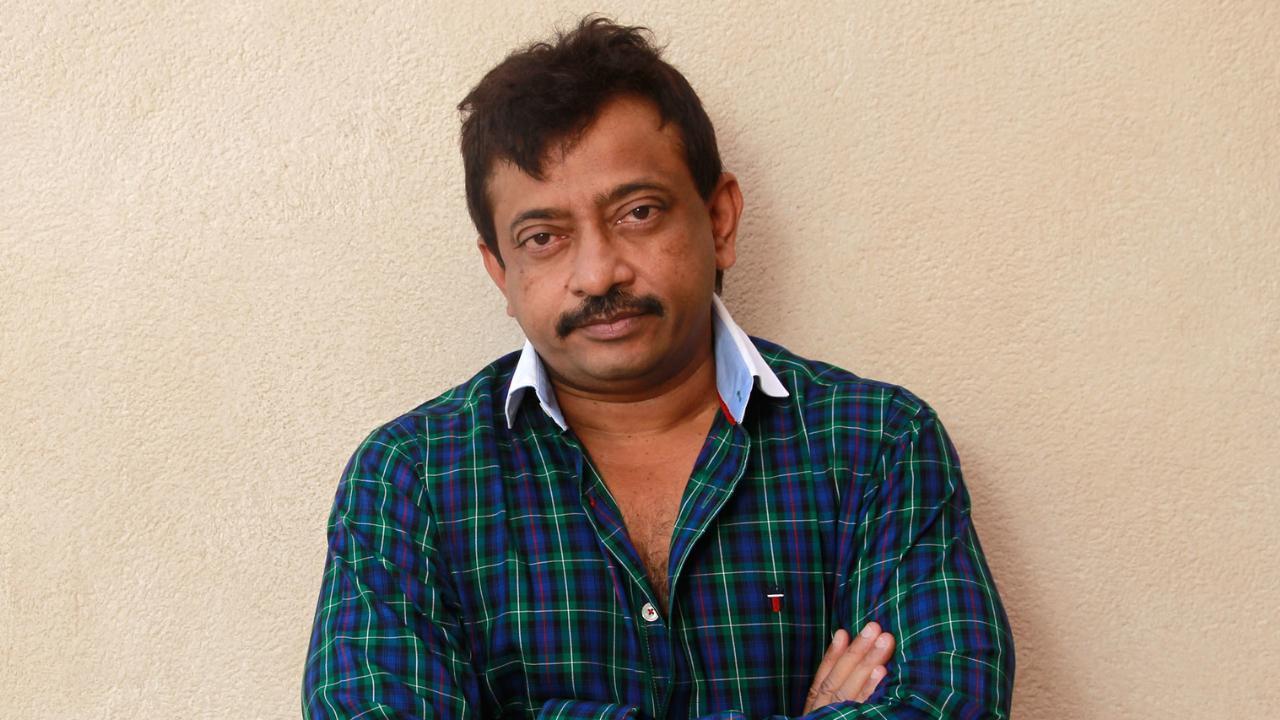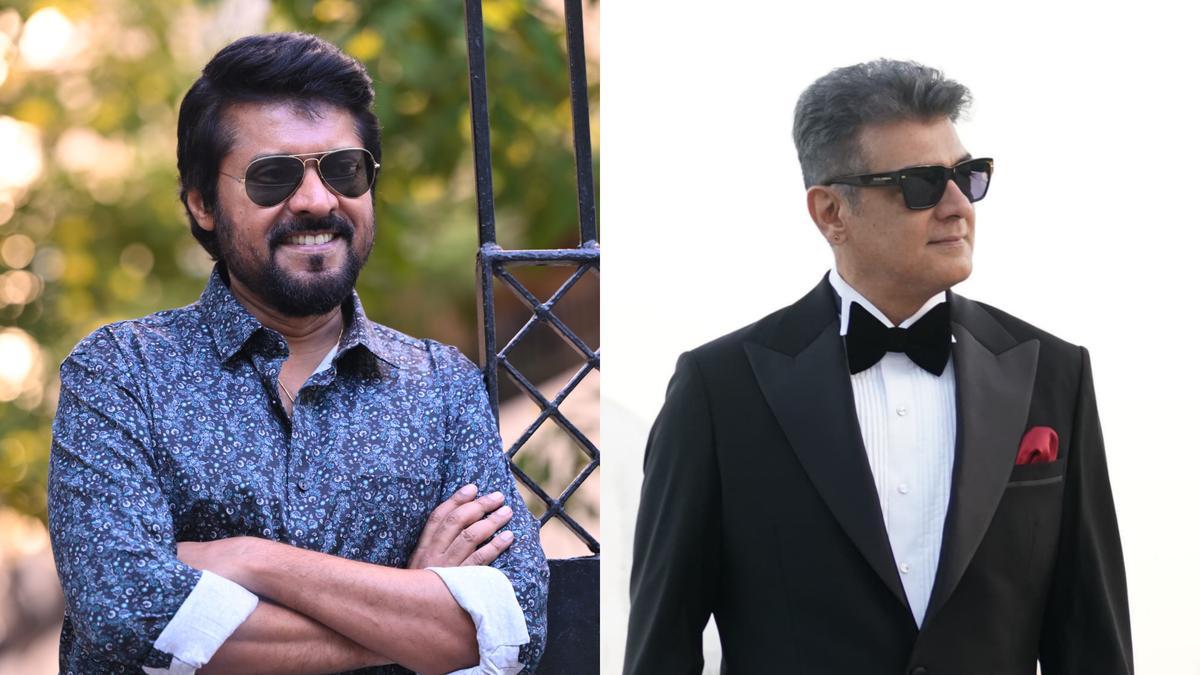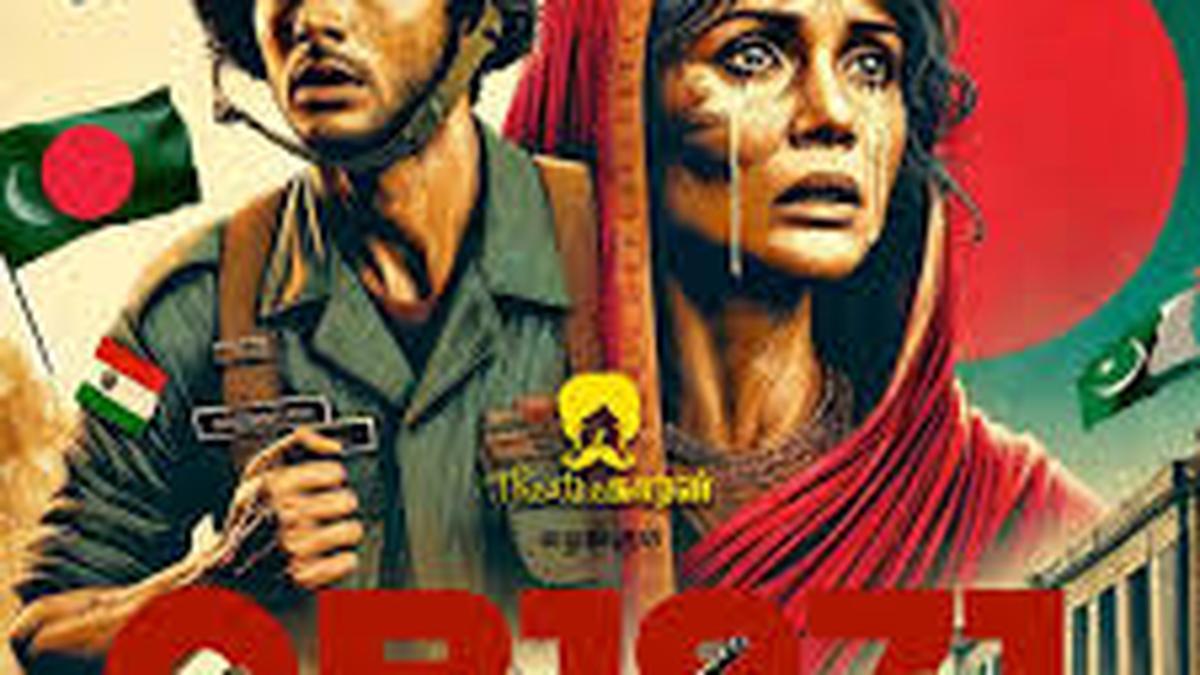
Gone are the days when ‘puppets’ evoked simple images of stringed marionettes and shadow plays narrating age-old mythologies. The contemporary puppetry scene, brimming with vibrancy and pulsating with life, has given a new dimension to these once static figures. Today’s puppets are anything but mere playthings. They captivate audiences on grand stages, dancing with gusto to contemporary beats, dressed in flamboyant attire, and boldly tackling current societal debates. They defy stereotypes and call upon viewers to engage their imaginations, completing the narrative in a collaborative celebration of storytelling.
Central to the evolution of this art form in India are Dadi Pudumjee and the Ishara Puppet Theatre Trust. With a pioneering vision of puppetry as a ‘means rather than an end’, they have positioned India among the global leaders of puppet theatre through the renowned Ishara International Puppet Theatre Festival. The much-anticipated 20th edition of this artistic convergence will take place between February 16 and 25 at the India Habitat Centre in New Delhi and Tagore Theatre in Chandigarh, promising cross-cultural immersion with contributions from France, Brazil, the United States, Russia, Taiwan, Sri Lanka, and South Korea.
The festival lineup is as eclectic as it is meaningful, with performances addressing a myriad of themes—world peace, the nature of humanity, embracing one’s true self, the perception of beauty, the essence of authentic love, the idiosyncratic joys of pet ownership, the significance of imagination in both science and the arts, and the social pressures that pervade our daily lives.
Rewinding two decades, Dadi Pudumjee reminisces about the festival’s humble beginnings as a small national event with affordable ticket prices, met with skepticism about its potential appeal. Yet, each subsequent year brings anticipation and undeniable success. Such is the festival’s renown that companies are already seeking slots for its 2025 edition, with sold-out performances and eager audiences forming queues outside the venues. Dismissing the need for conventional sponsorship, Pudumjee praises the ‘real sponsors’—the audiences—for whom each show finds its purpose and completion.
In a world where puppets are still often misjudged as children’s entertainment, the festival has sustained itself miraculously on the strength of audience goodwill alone. Pudumjee speaks of the enchantment that fell upon a silent audience in Kerala during a show about Rumi, with Malayalam subtitles. The absence of noise during the performance was shattered by thunderous applause at the end—a testimony to the universal language of beautiful storytelling.
Dadi also touches on the nuanced understanding that children have of complex themes and encourages educators and parents to examine performances beyond their superficial aesthetic, pointing out that there are many meaningful productions with profound messages for young audiences.
Reflecting on the widespread influence and versatility of puppetry, Pudumjee recalls an enlightening school performance where an allegorical narrative was effortlessly grasped by the children present, underscoring the depth of comprehension that young minds can possess. He highlights the importance of not underestimating children’s ability to process and interpret content within the creative and educational realms of puppet theatre.
Prominent as a champion of creativity and education through puppetry, Pudumjee has been a force behind thought-provoking productions exploring themes from Kabir’s poetry to Gandhi’s philosophy, all enveloped in powerful storytelling through music, movement, and a multitude of artistic expressions.
This year, Ishara’s inaugural festival production dives into the narrative of ‘The Ugly Duckling’. Rechristened ‘Be Yourself’, this interpretation weaves a tale of self-acceptance, while eschewing the pursuit of conventional beauty standards. In a unique twist, the show will showcase Indian heritage textiles, like Ikat and Kalamkari, representing different characters, thereby intersecting cultural legacy with contemporary social discourse.
As the festival readies for its 20th rendition, it stands as a testament to the transformational power of puppetry—not only as children’s pastime but as a significant and all-encompassing art form that resonates with all ages, traversing boundaries and celebrating the timeless spirit of human expression.










